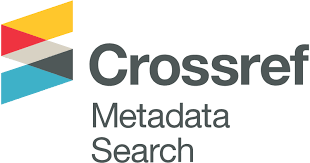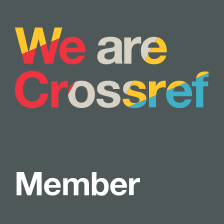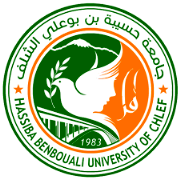Rethinking the Role of Metalanguage in Teaching/Learning Translation: A Case Study
DOI:
https://doi.org/10.70204/jlt.v5i2.636Palavras-chave:
learning, metalanguage, process, teaching, translationResumo
Since it started to be scientifically thought and academically taught, translation has generated continuous improving research as far as its process is concerned. Actually, it is commonplace to make translation perfect with limited theoretical material, but this suggests a completely controversial trend: while teachers overlook translation metalanguage importance in training classes, they just miss the aquisition of the outstanding translational competence consisting in describing the process and its issues experiencing. In this respect, the present paper explores the factual presence of translation metalanguage in translation training classes, and seeks to unveil its key role in pedagogical frameworks, with a particular focus on the translator’s competence as a didactician. Through a combination of a theoretical background and an empirical analytical review on a case study, all related to a teacher-learner context, and with the introduction of CERTTAL’s electronic database for translation and translation terminology, as an assisting methodological tool, the research seeks to shed light on the major and inevitable objectives of metalanguage use in any translation training class. The findings revealed that teaching translation metalanguage spurs the ability of translation practitioners to determine translation errors nature and definitely state their causes to the learner. This enables the latter to activate his cognitive awareness and be able to detect his weakness in order to prevent future translation errors.














